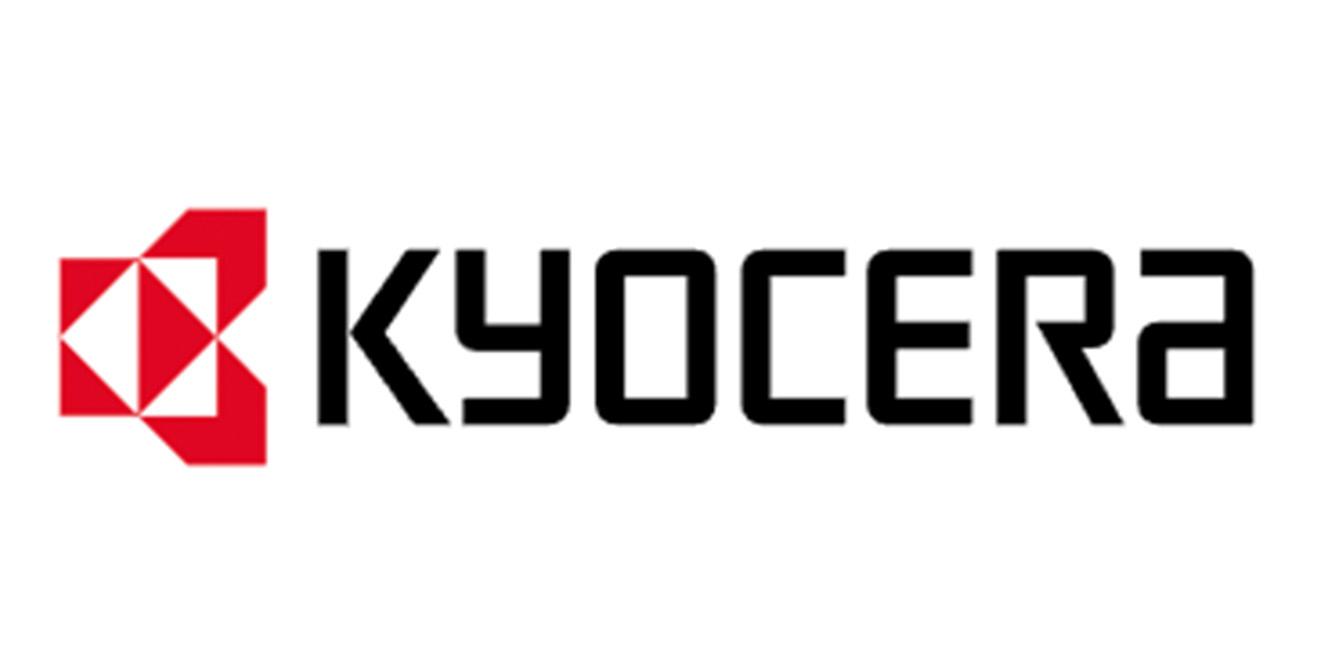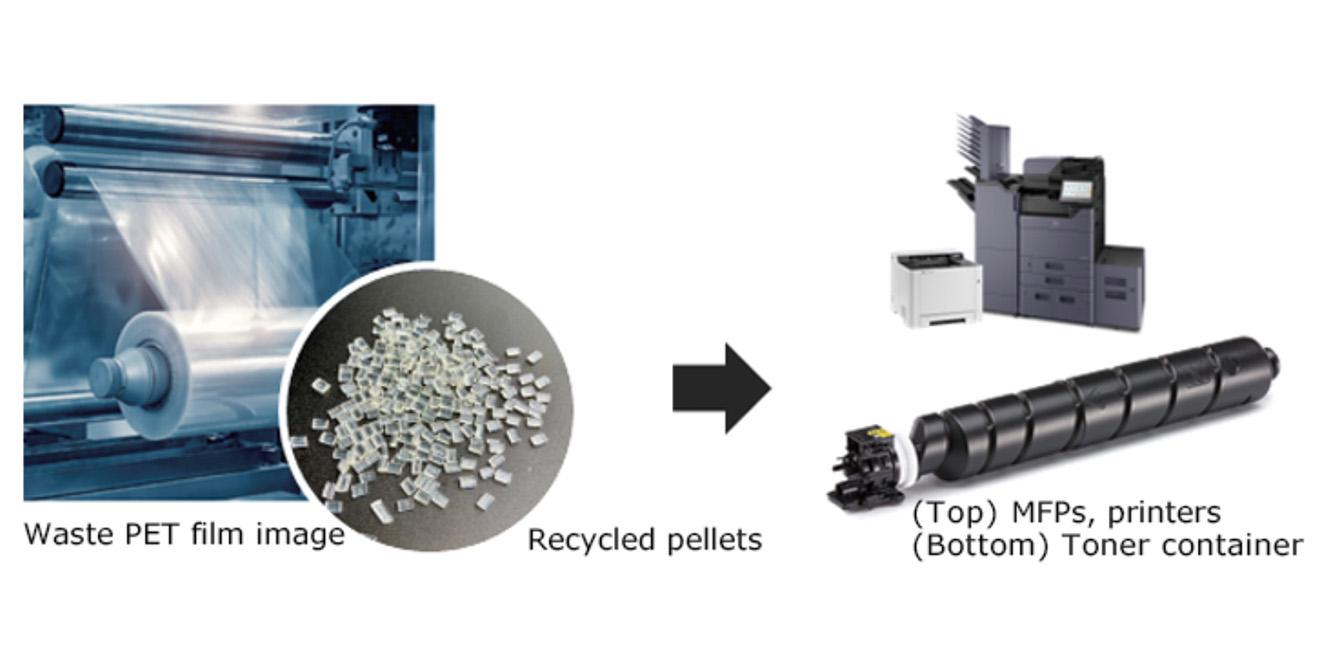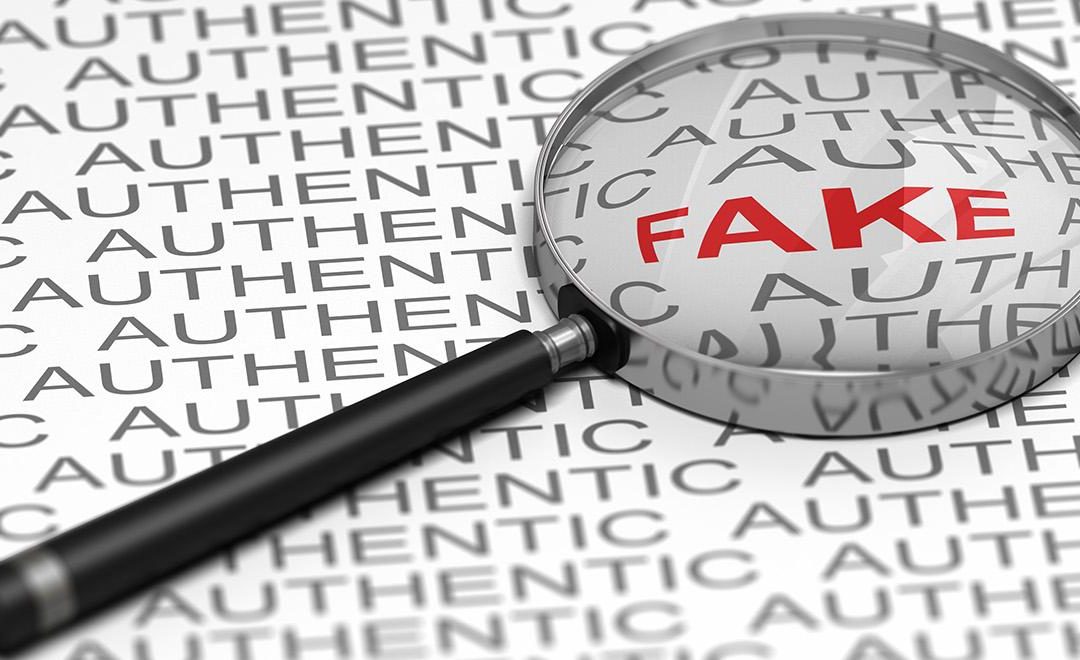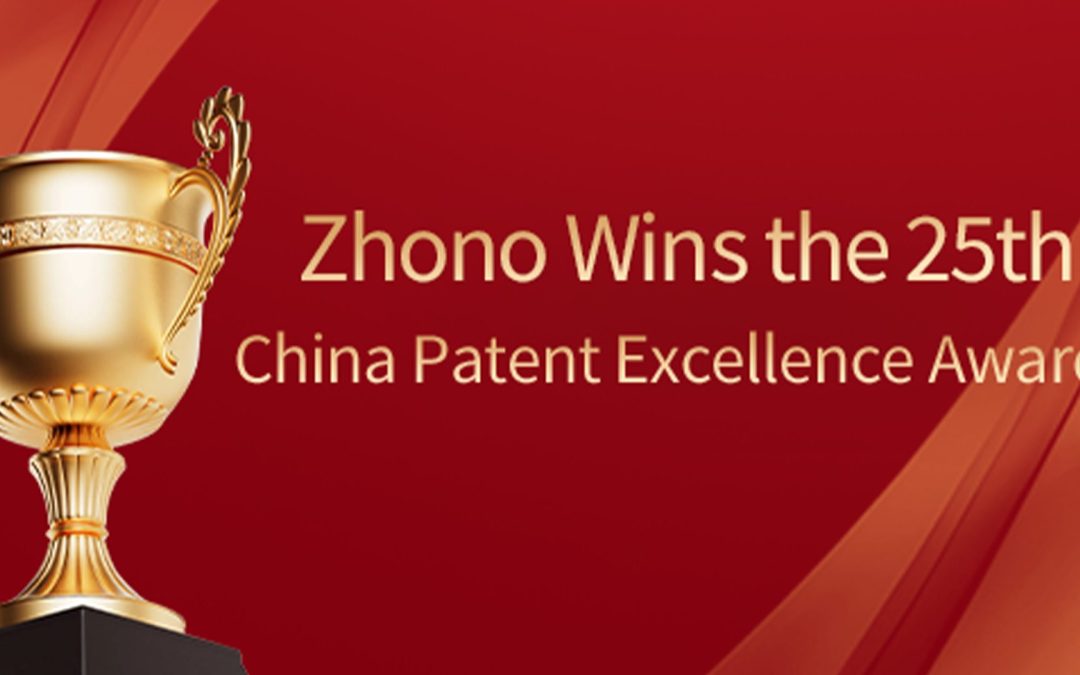Kyocera’s groundbreaking technology transforms PET film waste into printer components, reducing emissions and supporting sustainability.
 Kyocera Document Solutions has introduced an industry-first upcycling process that repurposes polyethylene terephthalate (PET) film waste and uses it in the production of multilayer ceramic chip capacitors (MLCCs), a key component used in printers and multifunction products (MFPs).
Kyocera Document Solutions has introduced an industry-first upcycling process that repurposes polyethylene terephthalate (PET) film waste and uses it in the production of multilayer ceramic chip capacitors (MLCCs), a key component used in printers and multifunction products (MFPs).
This innovation significantly reduces electronic waste, which would otherwise be incinerated, contributing to CO2 emissions, and marks a major step forward in sustainable manufacturing.
PET is commonly used in the manufacturing of everyday plastic products like bottles, but Kyocera’s new method gives this material a second life in printer components. This upcycling process is an innovative shift from conventional PET recycling. Instead of down cycling PET into lower-grade materials, the Kyocera process transforms it into high-performance components for printers and multifunction products (MFPs), extending the use of recycled PET into advanced electronics.
This industry-first method not only reduces waste and lowers CO2 emissions but also ensures that the recycled material meets the strict standards required for precision technology, representing a major advancement in sustainable manufacturing. The company has committed to using 50% recycled materials in its products, contributing to a significant reduction in its carbon footprint.
MLCCs play a critical role in many electronic devices. They are composed of numerous layers of conductive material, such as metal, separated by ceramic layers, which act as a dielectric. When voltage is applied, electric charges build up on the conductive layers, while the ceramic layers prevent current from flowing between them, allowing the capacitor to store and release energy as needed. This structure makes MLCCs highly effective at stabilizing voltage, filtering signals, and storing energy efficiently, especially in high-frequency circuits like those found in smartphones, computers, and industrial equipment.
Our take on this: Kyocera’s PET solution highlights the role of technology in addressing pressing environmental issues while also providing a competitive edge in the market as customers increasingly demand sustainable solutions.




















